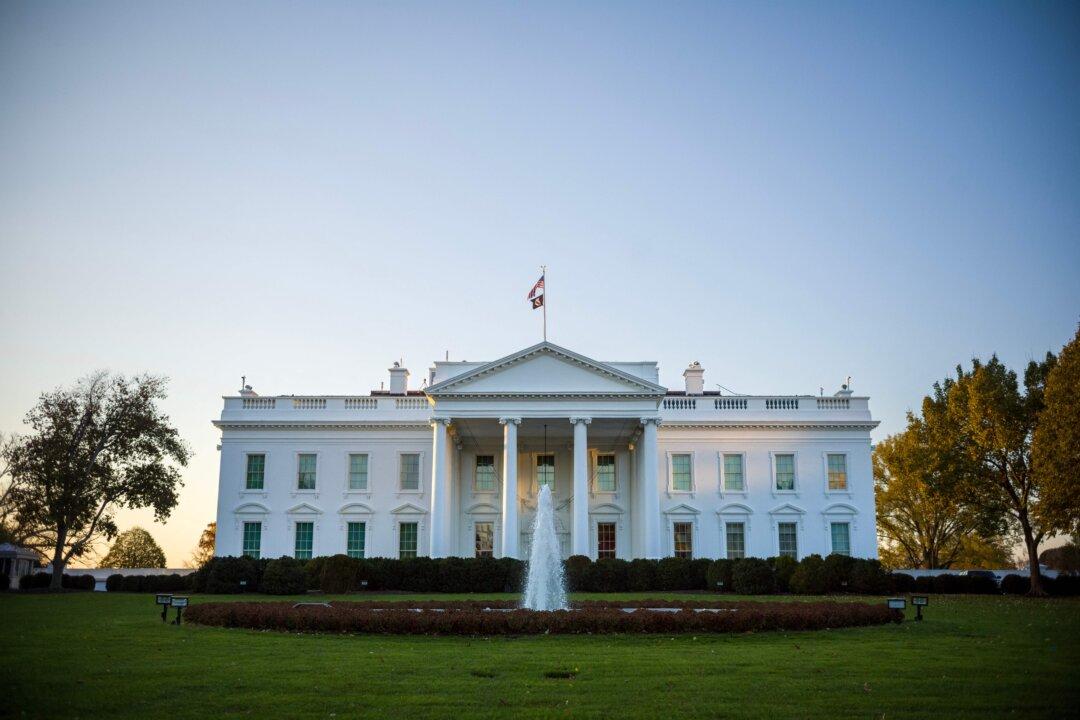After months of stalled debt ceiling negotiations, President Joe Biden and House Speaker Kevin McCarthy (R-Calif.) will meet May 9 to discuss possible paths forward to prevent a looming default.
Set to take place at the White House, the summit will mark the first such meeting since Feb. 1, and will also include Senate Majority Leader Chuck Schumer (D-N.Y.), Senate Minority Leader Mitch McConnell (R-Ky.), and House Minority Leader Hakeem Jeffries (D-N.Y.).





